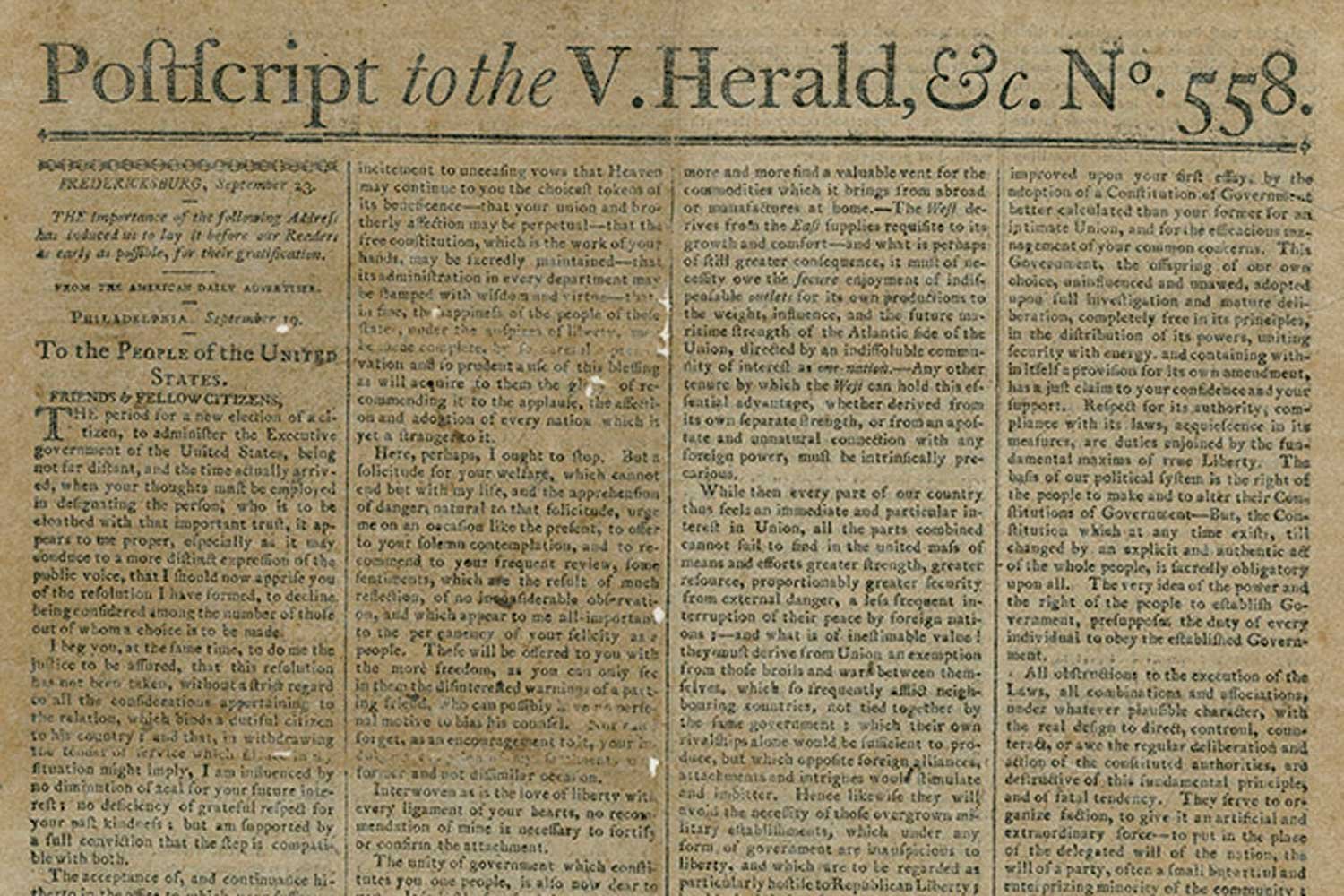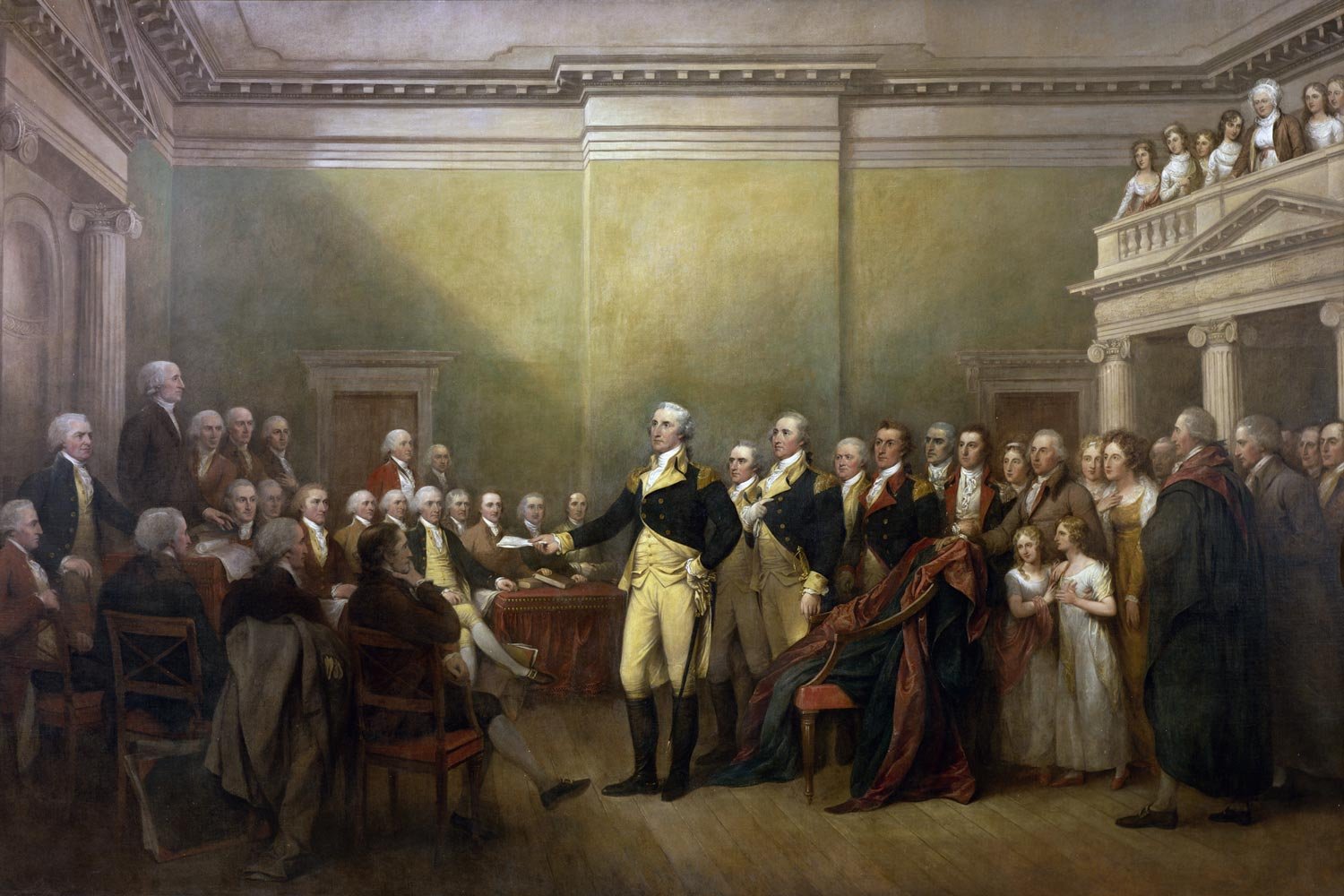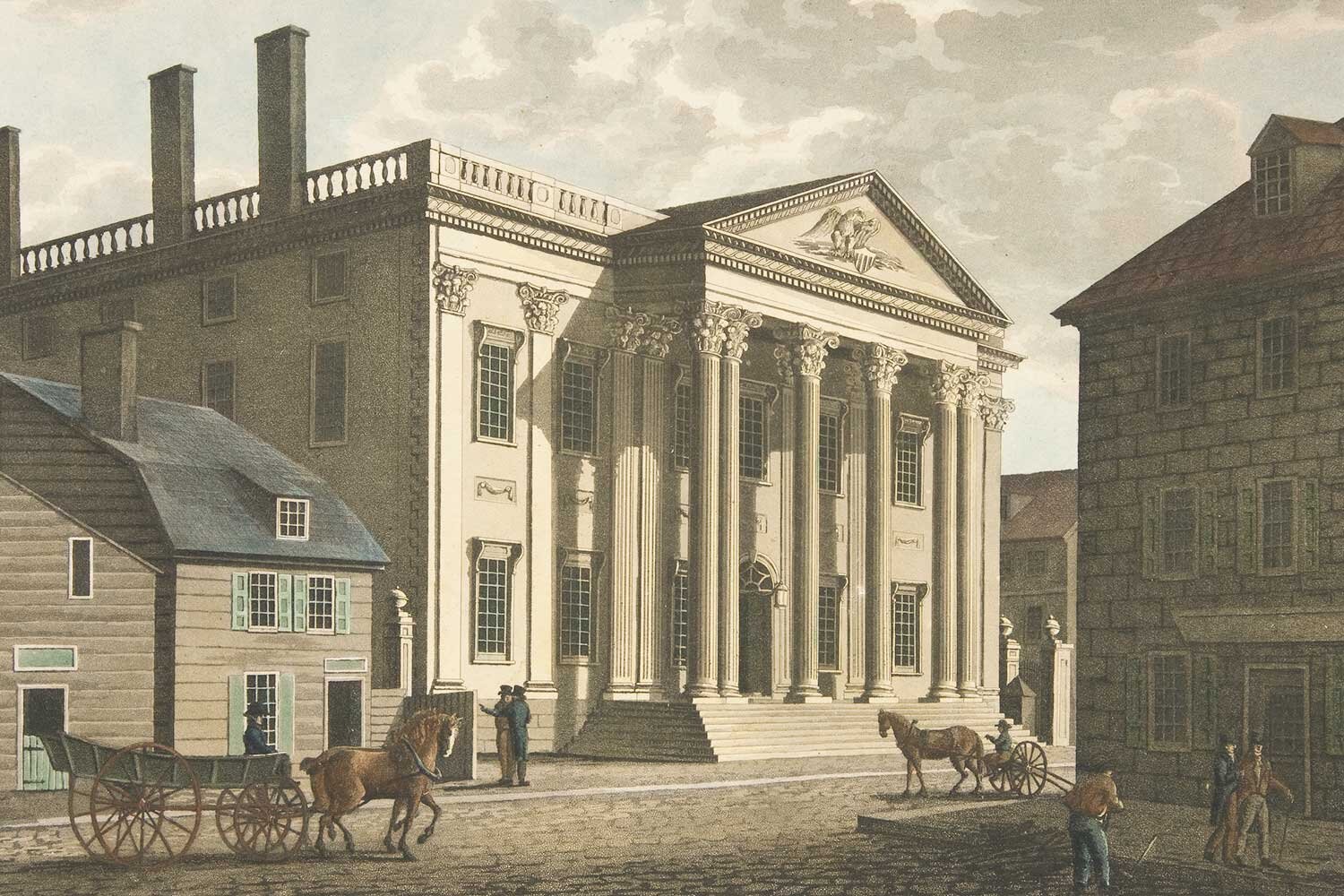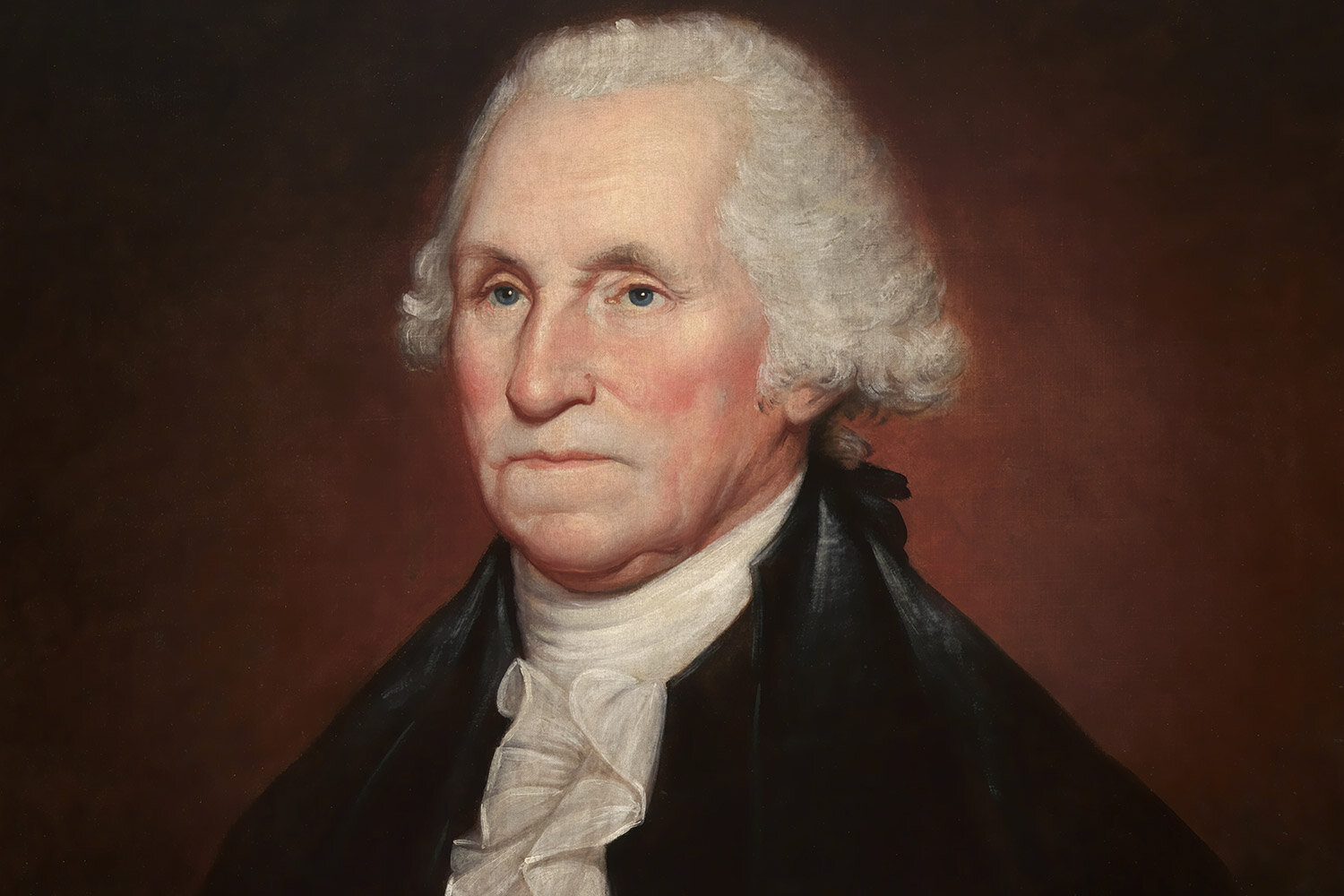George Washington’s Farewell Address: Part Two, Uniting Our Country
George Washington understood that for our great nation to succeed it must remain united. Although differences of opinion were to be expected, Americans could not allow these disagreements to split us apart.
Tom Hand, creator and publisher of Americana Corner, discusses Washington’s thoughts on unity, delivered in his Farewell Address, and why it still matters today.
Images courtesy of the Library of Congress, Metropolitan Museum of Art, New York Public Library, Wikipedia.
In May 1796, President George Washington asked Alexander Hamilton, arguably his most devoted and trusted assistant, to draft a letter informing the country of his intention of retiring from public life and explaining Washington’s reasons for doing so. This American masterpiece was crafted and word smithed by Hamilton, but all the ideas were Washington’s.
George Washington’s Farewell Address is one of the greatest documents in our nation’s history. It was a letter written by President Washington to his fellow citizens as he neared the end of his second term as President. Published in the American Daily Advertiser on September 19, 1796, its purpose was to inform Washington’s countrymen that he would not seek a third term as chief executive and provide the reasons why, as well as give some fatherly advice for America moving forward.
In his Farewell Address, President Washington shared his thoughts on several topics, including our national debt and the need for our country to remain fiscally prudent.
After eight years in office, President Washington was ready to step down. He had planned to retire at the end of his first term but was talked out of it. During this second run at saying goodbye to public life, Washington was determined to finally retire.
George Washington’s Farewell Address is one of the greatest documents in our nation’s history. It was a letter written by President Washington to his fellow citizens as he neared the end of his second term as President.






In his Farewell Address, President Washington shared his thoughts on several topics, including the need for America to remain fiscally prudent and to avoid permanent foreign alliances that could pull America into a costly war. With the fighting raging again in Europe, this time thanks to Revolutionary France, and with much sentiment favoring the French, Washington felt it necessary to advise a neutral course for the United States.